The origins of Techno and its impact on Electronic Music
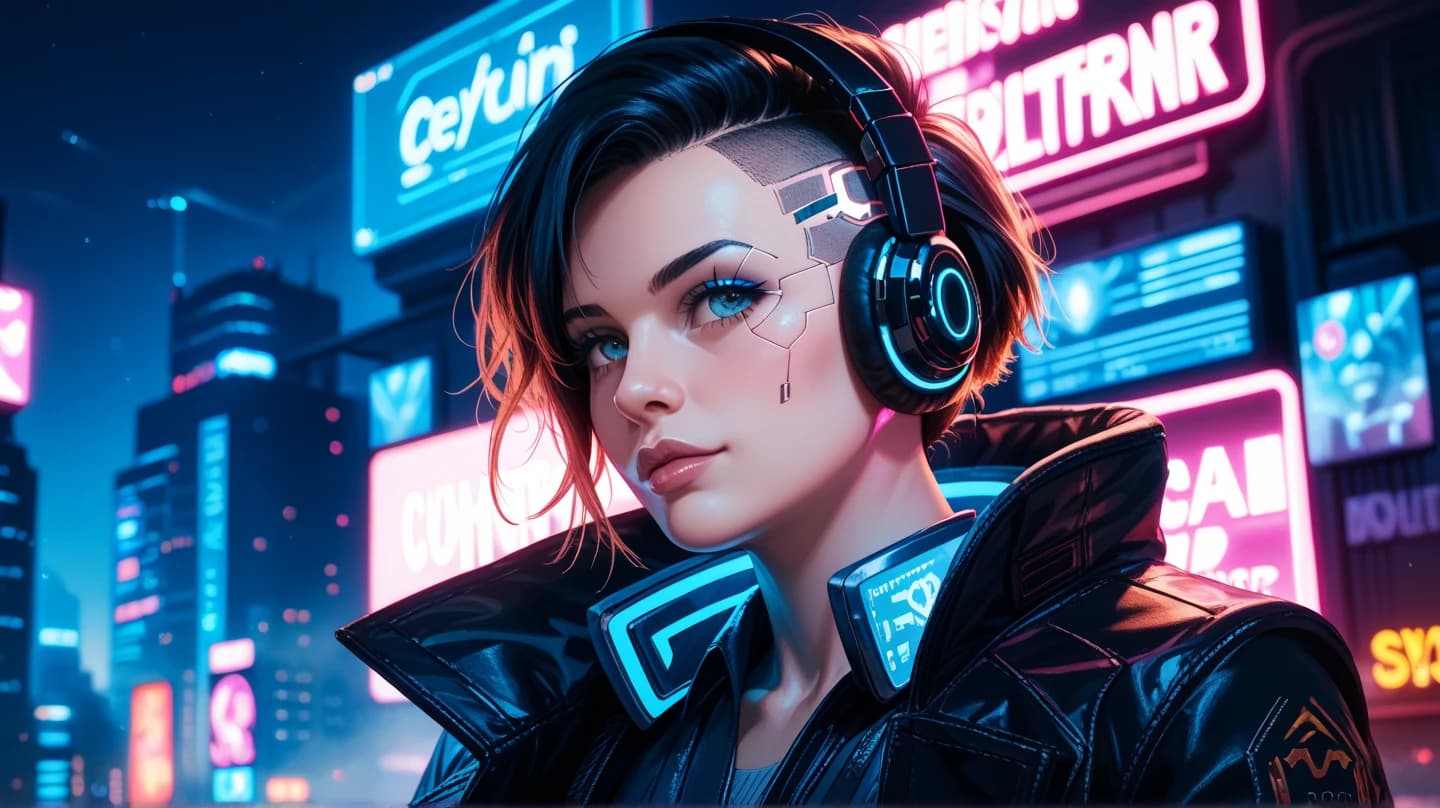
July 26 2025
Techno is one of the most influential genres in electronic music, characterized by its focus on mechanical, repetitive, and futuristic rhythms 🤖🔊. Its evolution has been constant since the 1970s, encompassing subgenres and styles that have shaped generations 🌀.
Why is it called Techno? 🤔⚙️
The term "Techno" has roots in futurism and technology. While many believe it was the German group Kraftwerk who popularized it with their robotic and minimalist aesthetic 🧑🚀🎛️, the term was formally adopted as a genre in Detroit in the mid-1980s.
Kraftwerk Live Performance
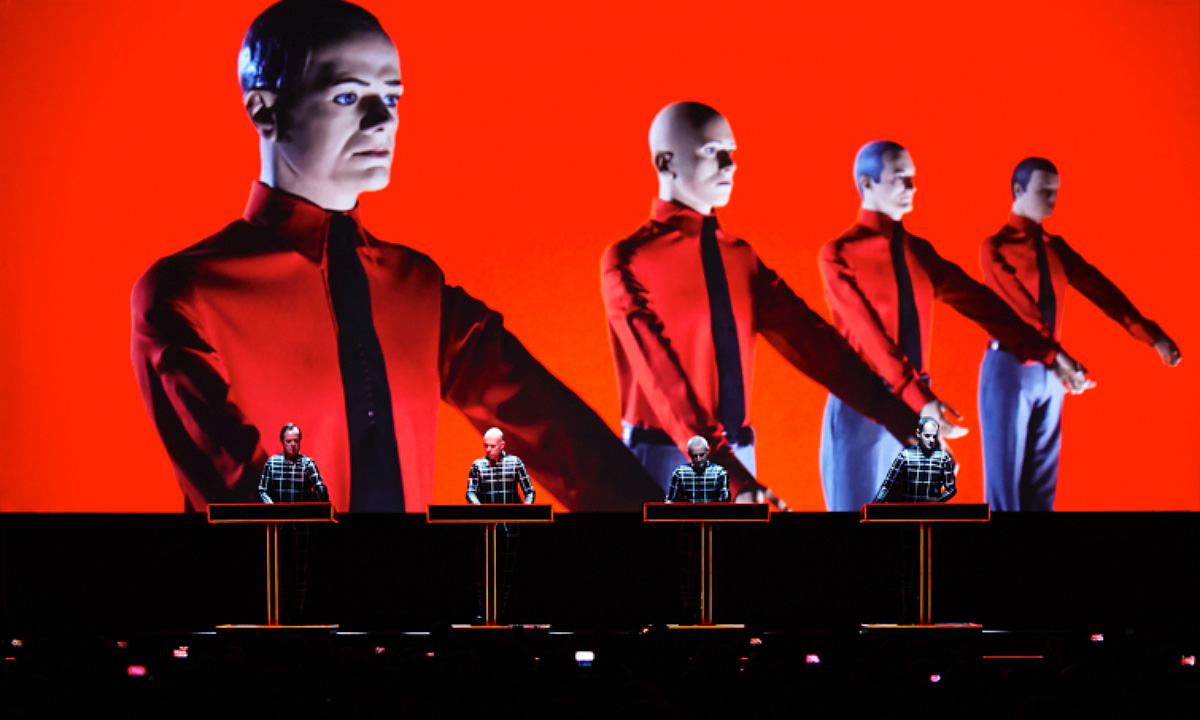
One of the earliest uses of the term appears in Alvin Toffler’s book "Future Shock" 📘🚀, which inspired Juan Atkins (one of the fathers of Techno) to use the word Techno to describe his music, distinguishing it from electro and house.
🕺 1970s: The Roots 🎛️🌌
Key Influences:
Funk, disco, synth-pop, industrial music, krautrock.
Early Pioneers:
- Kraftwerk (Germany): Autobahn (1974), Trans-Europe Express (1977).
- Giorgio Moroder (Italy): Donna Summer’s I Feel Love (1977) 💃✨
Technology:
Moog synthesizers, analog sequencers, and drum machines.
🚗 1980s: The Birth of Techno in Detroit 🔧🏙️
Key City: Detroit, USA 🇺🇸
- Pioneers of Detroit Techno:
- Juan Atkins
- Derrick May
- Kevin Saunderson
Known as: "The Belleville Three" 👑👑👑
Key Label: Metroplex (founded by Atkins) 💽
Iconic Tracks:
- "Clear" – Cybotron (1983)
- "Strings of Life" – Derrick May (1987) 🎹🎇
Aesthetic:
Mechanical beats, science fiction, and Afrofuturism ✨🤖
Representation of Detroit in the 1980s (AI)
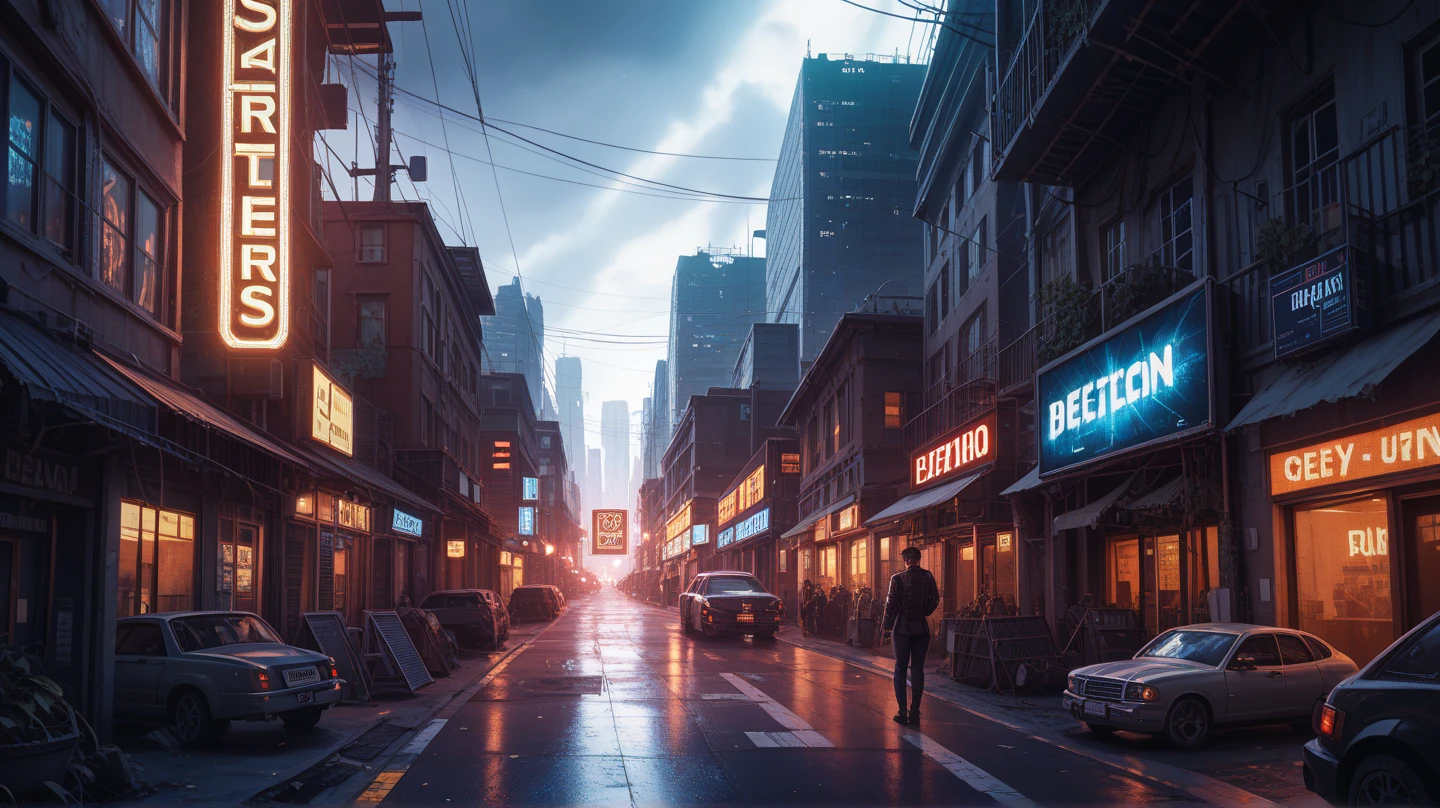
🌍 1990s: Global Expansion and Subgenres 🚀
- Emerging Subgenres:
- Minimal Techno
- Industrial Techno
- Hard Techno
- Acid Techno
- Key Artists:
- Jeff Mills 🎧
- Richie Hawtin / Plastikman 🧪
- Dave Clarke
- Sven Väth
- Key Cities: Berlin, Frankfurt, London, Amsterdam 🌆
- Legendary Clubs and Festivals:
- Tresor (Berlin)
- Mayday (Germany)
- Love Parade ❤️🕊️
Berlin Clubs in the 1990s (AI)
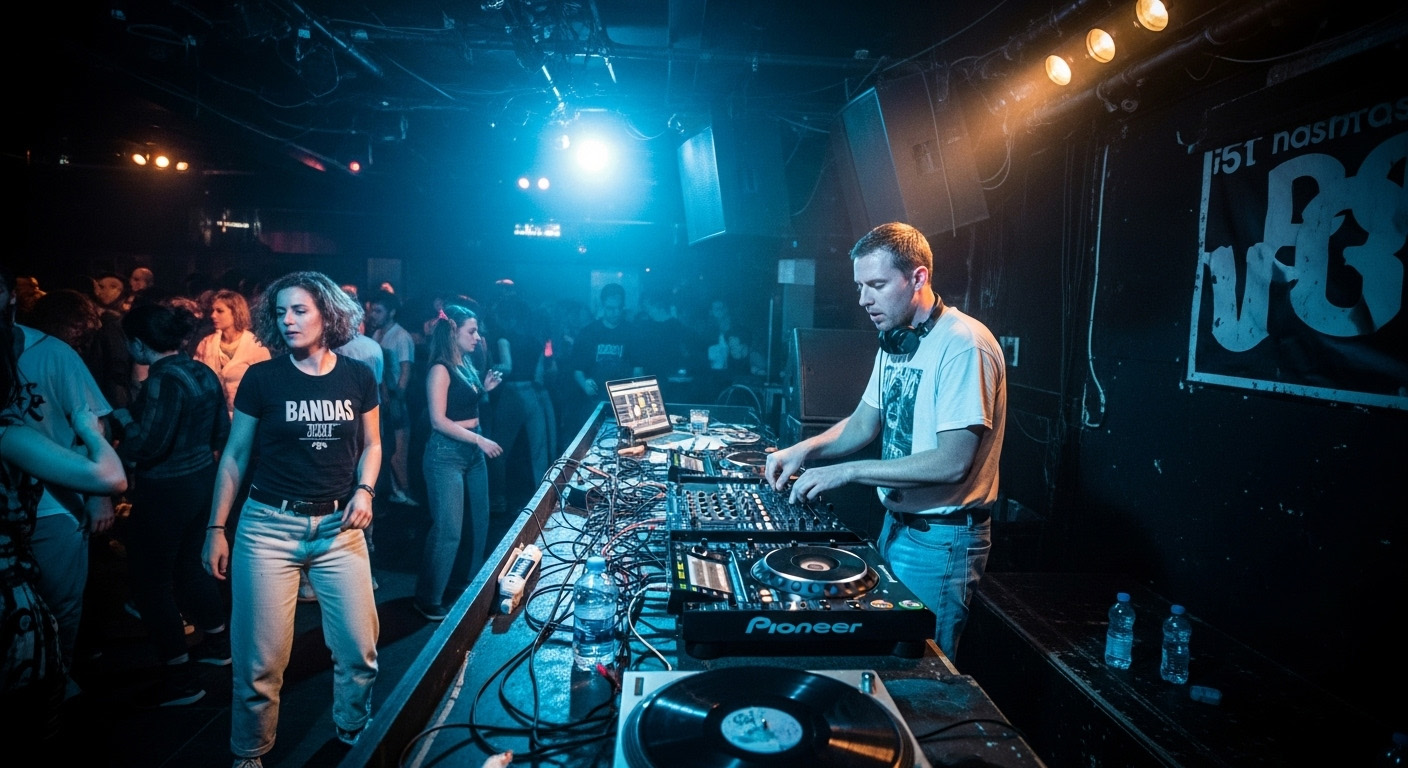
🔊 2000s: Consolidation and Sophistication 🧠✨
Trends:
Cleaner sounds, minimalism, growing underground scene.
Key Artists:
- Ben Klock
- Marcel Dettmann
- Surgeon
Iconic Label:
Ostgut Ton (Berghain, Berlin) 🏢💣
Festivals:
- Awakenings (🇳🇱)
- Movement (🇺🇸)
- Time Warp (🇩🇪)
Underground Club in Berlin (AI)

🎭 2010s: Fusion and Stunning Visuals 🌈🌀
Trend:
Rise of Melodic Techno, immersive sets, and visual shows.
Key Artists:
- Tale of Us
- Mind Against
- ARTBAT
- ANNA
Highlight Project:
ANYMA (by Tale of Us) 🤖💥
Live shows featuring robotic arms smashing glass to the beat.
Key Technology:
Generative visuals, live audiovisual installations 🎥🧬
Anyma Live Performance
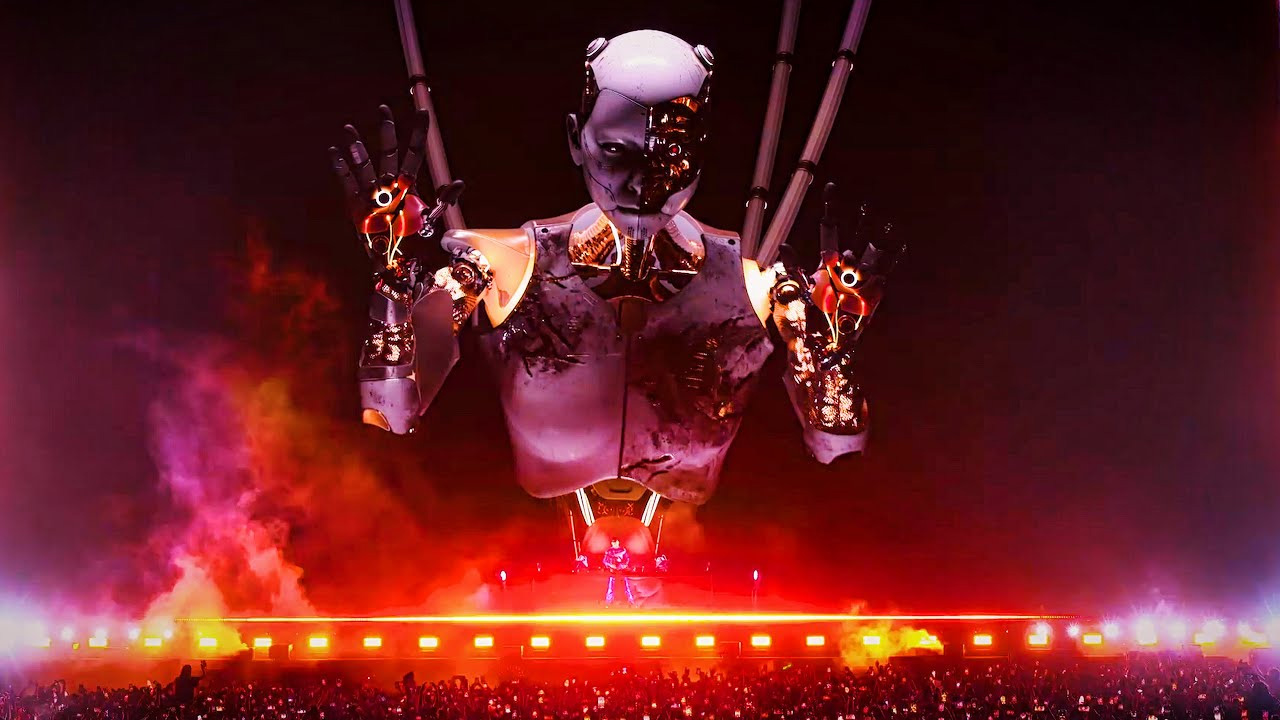
🌐 2020s and Beyond: Diversity and Mass Appeal 🚨🎡
Genre Fusion:
Techno blended with Ambient, IDM, Trance, and Alternative Pop 🎼
Top Global Festivals:
- Tomorrowland (🇧🇪)
- Sónar (🇪🇸)
- DGTL (🇳🇱 / 🇲🇽)
- Exit Festival (🇷🇸)
- ADE (Amsterdam Dance Event)
Rising Artists:
- Charlotte de Witte 🔥
- Amelie Lens 💥
- Reinier Zonneveld 🚀
- Indira Paganotto 🧿
Current Trend: Fast BPMs, theatrical sets, global livestreams 📡📱
🧬 Techno Subgenres
- Detroit Techno – Afro-American, futuristic, foundational 🚘✨
- Minimal Techno – Clean, repetitive structures 🧠
- Industrial Techno – Raw, distorted, and powerful sound 🔩
- Acid Techno – TB-303 and acid basslines 🧪
- Hard Techno / Schranz – Very fast and aggressive ⚡🥁
- Melodic Techno – Emotional melodies, ethereal atmospheres 🌌🎹
🚀 Conclusion
Techno has evolved from its German and Afro-American roots into a global phenomenon 🔊🌍. More than music, it is an artistic and technological statement that pushes the boundaries of sound, space, and emotion 💡🎶.
The images included in this article were generated with artificial intelligence and used for illustrative and conceptual purposes to depict atmospheres related to Techno.
Long live Techno! 🔥🖤